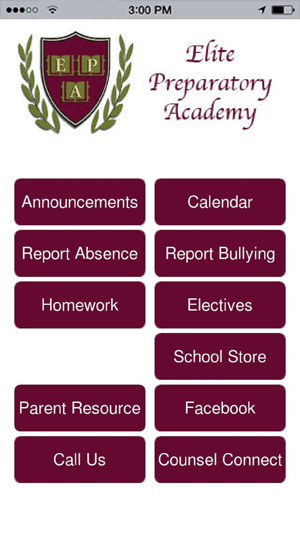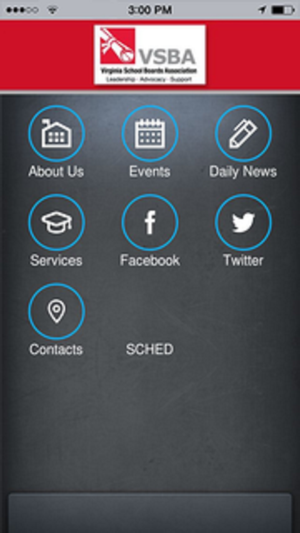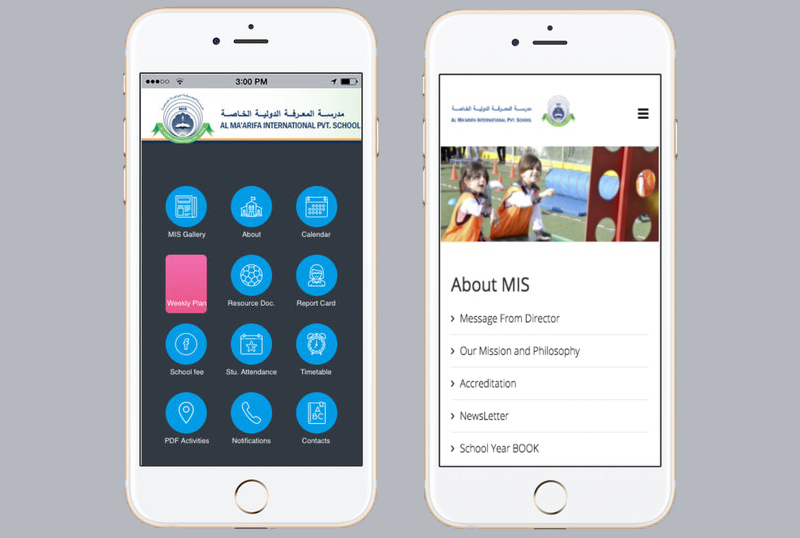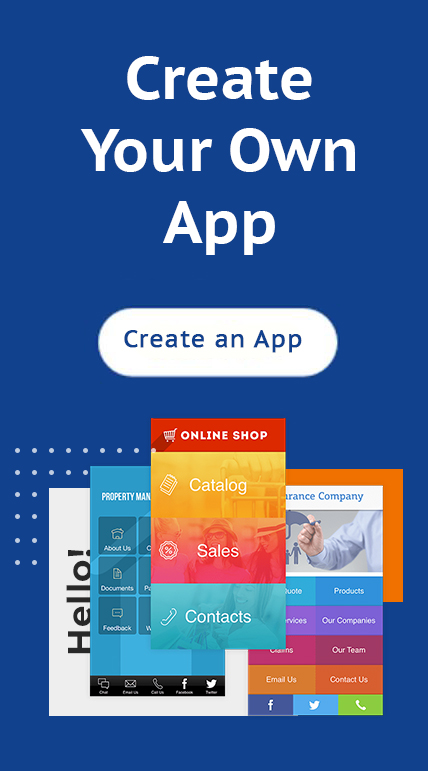The Growing Market of Mobile Apps for Schools and Universities
In the last few years, mobile applications have greatly impacted all industries including the education sector. Today, schools and universities are increasingly deploying mobile applications so as to easily allow students access learning materials and systems, create content and seamlessly interact with other students, teachers, learning systems and the outside world.In fact, thanks to no-code app development solutions such as iBuildApp platform, quite a number of schools and universities are easily creating mobile apps and hence, are transforming themselves from faceless organizations into vibrant institutions.

How Schools and Universities benefit by using apps
Numbers from a study indicate that nearly 70 percent of Americans surf the internet through a mobile device. As a result, this has seen more than 80 percent of college campuses across the U.S. such as Harvard University, Cleveland State University, among others adopt mobile apps.
Through this primer we want to have a detailed look at how learning institutions can benefit from adopting mobile applications.
- • Easy access to learning materials and other information
Teachers can also leverage mobile apps to introduce topics and run assessments and this can significantly reduce the amount of time they spend in front of a class presenting and testing knowledge.
Furthermore, learning institutions can use mobile apps to enable students easily access administrative functions such as registration, financial aid and student billing.
- • Easy communication
And thanks to features such as push notifications, it is possible for schools and universities to reach out to teachers, students and parents all at once and inform them about an upcoming event.
- • Improve the classroom experience
What does this mean for schools and universities? It means they have to improve the way students learn in today’s digital age. They have to manage more communication channels than ever before. By utilizing mobile applications, they will be able to deliver learning materials in a way that makes sense to learners. Teachers will be able to provide more differentiated learning experiences and formative assessment for students of varying abilities and with different learning preferences.
- • Make it easy for “Non-traditional” students
As a result, these new set of learners prefer:
- 1. Flexible program structures that allow them to progress at their own pace, depending on family obligations or work schedules.
- 2. Institutions that offer courses in multiple formats and days/times.
- 3. To access information in a clear and proactive manner
Learning institutions can achieve this by adopting mobile applications which will help them keep pace with ever-changing student preferences. These apps are enabling learning to take place at any time regardless of the location, at a pace chosen by the student while at the same time enabling teachers to easily provide learners with customized and improved learning experiences relevant to location and context.
Here’s a look at how some institutions are making use of mobile apps in providing game-changing experiences to both students and teachers alike.
Buckinghamshire New University

Buckinghamshire New University, for instance, leveraged iBuildApp tools and created an app for its library. The Bucks Library App provides you with everything you need at your fingertips 24/7. You can check opening times, book a study room, check which books you have on loan, access your Digital Reading Lists and find useful contact information on the move. The app also has social media buttons, and this means you will be able to engage via social media channels (think Facebook, Twitter) and see some of the latest books the library has to offer.
International Management Institute Switzerland

IMI International Management Institute, Switzerland, is another institution that has deployed an app for easy access of information by users. The mobile app provides information about the institution among other features. It provides, for example, easy access to information about the programmes offered by the university, for instance, Higher Diploma courses, BA (Hons) Degree courses, Postgraduate Diploma courses, etc.
Elite Preparatory Academy

The Elite Preparatory Academy mobile app helps in enhancing communication between EPA faculty, teachers, students and parents.
The Virginia School Boards Association

The Virginia School Boards Association is a voluntary, nonpartisan organization of Virginia school boards which promotes excellence in public education through advocacy, training and services. To improve its services and provide easy access to information to users, the organization decided to adopt an app.
The mobile app provides users with the following capabilities:
- • Easy access to news information from the association
- • Easy access to a roundup of daily educational news articles
- • Easy access to superintendent vacancy announcements
- • Easy access to schedule of upcoming meetings and conferences
AL Marifa International School

AL Marifa International School is also another institution that utilizes a mobile app in providing users with easy access to information. This mobile app provides students, teachers and the admin with information such as About US, Resources, School Fees, Timetable, Calendar, Weekly plan, Alumni, among others.
The Bottom Line
Mobile applications are arguably transforming schools and universities in ways unimaginable even a decade ago. They are reinventing classroom experience and increasing academic performance among the students. They are also helping in developing better teacher-student relationship as the teaching methodology is more student friendly.The point is the learning environment has changed and this calls for learning institutions to also change. Successful institutions have taken note and are putting in place various digital strategies. To highlight this, the app store, for instance, has over 30, 000 education-based mobile applications and this number is set to continue growing.
Don’t be left behind, create a mobile app today for your school or university and see how beneficial it can be in this digital age.
